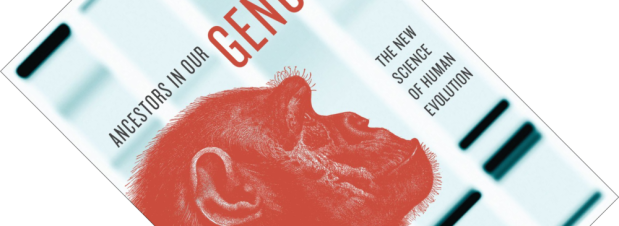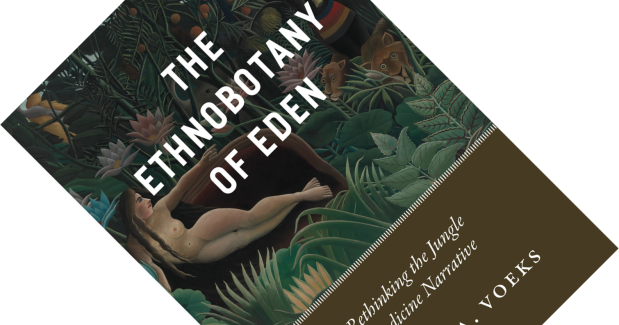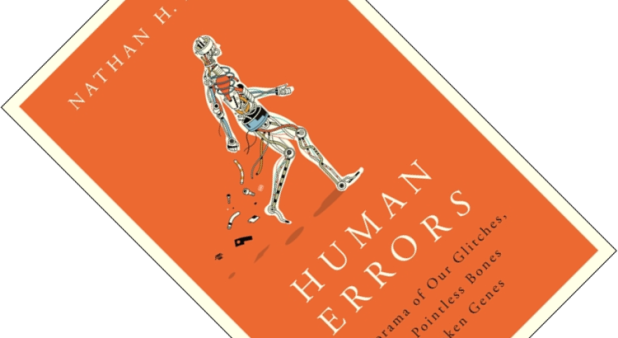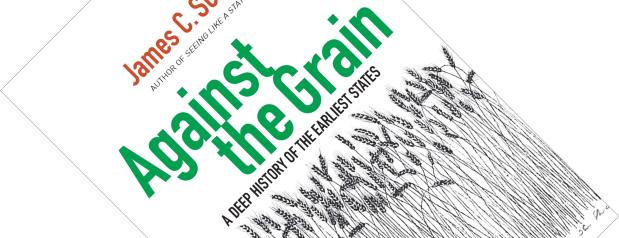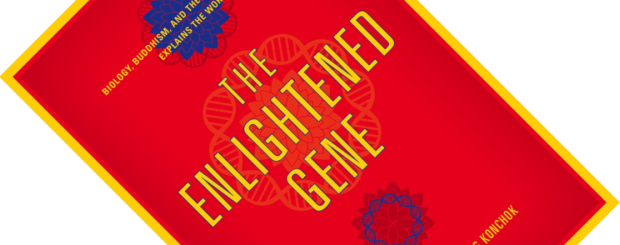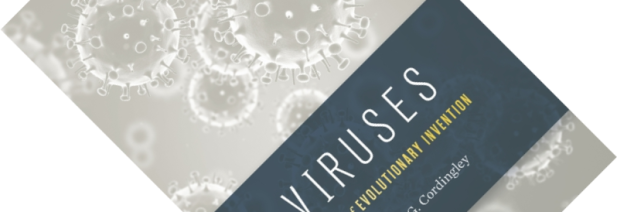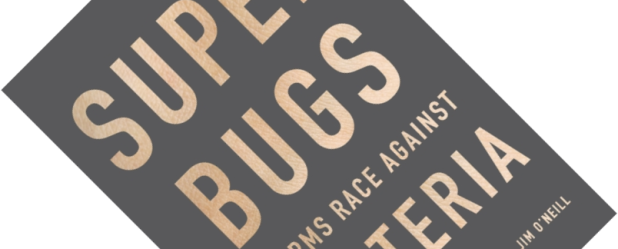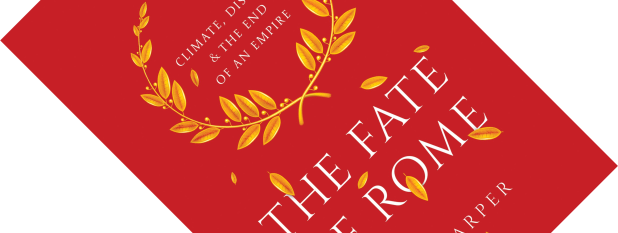After I read and reviewed Who We Are and How We Got Here: Ancient DNA and the New Science of the Human Past, I thought I knew about the changes to the story of human evolution based on studies of DNA. And given that Ancestors in Our Genome was published a few years before that book, I was curious what it could add to what I had been reading so far. As it turns out, a lot. As with my previous review, I should preface this one with the same warning that things are about to get complicated…
disease
Book review – The Ethnobotany of Eden: Rethinking the Jungle Medicine Narrative
When I reviewed the book Defending Biodiversity: Environmental Science and Ethics, one of the reasons that was discussed as to why we should protect nature was the possibility of undiscovered pharmaceutical drugs. Seasoned ethnobotanist Robert A. Voeks shows that this so-called jungle medicine narrative has a long history. Though partially true, it equally contains parts myth, sentimentality, and nostalgia. However, if you are expecting a sceptical critique of superstitious indigenous practices – I was initially wondering whether the book would – no, this book delivers something far more interesting. Without belittling traditional knowledge, Voeks instead exposes the flaws in our interpretation and delivers a nuanced and fascinating ethnobotanical history lesson to boot.
Book review – Human Errors: A Panorama of Our Glitches, from Pointless Bones to Broken Genes
If there is one thing that infuriates me about the way the human body works, it is the fact that our throat is a passage for both food and air. I am sure that anyone who has gone down in a fit of coughing can attest to this. As Nathan Lents shows in his amusing book Human Errors, that is just the tip of the faulty iceberg.
Book review – Against the Grain: A Deep History of the Earliest States
History books tend to portray the transition of humans as hunter-gatherers to farmers – and with it the rise of cities, states and what we think of as civilization at large – as one of progress and improvement. But with Against the Grain: A Deep History of the Earliest States, political scientist and anthropologist James C. Scott challenges this narrative. That our switch to an existence as sedentary farmers impacted our health is something I was familiar with from palaeopathological findings, see for example Ungar’s Evolution’s Bite: A Story of Teeth, Diet, and Human Origins or Hassett’s Built on Bones: 15,000 Years of Urban Life and Death. But Scott tackles this subject from many angles, summarising accumulating archaeological and historical evidence to provide a fine counter-narrative.
Book review – The Enlightened Gene: Biology, Buddhism, and the Convergence That Explains the World
I sometimes wonder whether I am a closet Buddhist. Now, I will be the first to admit that I know next to nothing about Buddhism, but what little I have encountered often strikes a chord with me. The Enlightened Gene shows there might be a good reason for this. This book chronicles a most unlikely project: the Emory-Tibet Science Initiative. On the invitation of the Dalai Lama no less (!), Emory University has developed a science curriculum to be taught to Tibetan monks and nuns in exile in India. Spearheaded by professor Arri Eisen and in close collaboration with monk Geshe Yungdrung Konchok, the aim is to integrate modern science (focusing on physics and life sciences, especially neuroscience) into their monastic curriculum.
Book review – Viruses: Agents of Evolutionary Invention
When I reviewed Planet of Microbes: The Perils and Potential of Earth’s Essential Life Forms, I remarked that microbes are everywhere. If you are willing to stretch the definition of life a bit further still, there is one entity that is even more numerous and omnipresent: the humble virus. We tend to think of viruses almost exclusively in the context of disease (see for example The Invisible Enemy: A Natural History of Viruses). But, as virologist and pharmaceutical researcher Michael Cordingley shows here, they are so much more than mere pathogens and have a huge influence on evolutionary processes in all organisms. This book paints a remarkable portrait of these unusual life forms.
Book review – Superbugs: An Arms Race Against Bacteria
Antibiotics have been saving human lives since the drug Salvarsan was discovered in 1932. Penicillin went into mass-production in 1942. This is not a long time when you think about it, but a world without the protection offered by them already seems unimaginable. Not only have they offered protection from diseases such as tuberculosis, and stopped infections following injury or childbirth, they have also allowed us to develop surgical techniques requiring immune system suppression such as organ transplants. However, careless use of antibiotics has accelerated evolution of drug-resistant bacteria such that we are about to lose their protection.
Book review – The Fate of Rome: Climate, Disease, & the End of an Empire
Somewhere in chapter 2, Kyle Harper remarks how historians have become unintentional beneficiaries of ongoing climate change, as scientists turn to palaeoclimatic records such as ice cores, tree rings, and sediments to understand fluctuations in earth’s climate. This bonanza of data allows historians a new way to look at past events. And thus was born the discipline of environmental history, which emphasizes the active role the natural environment can have on human affairs. In The Fate of Rome, Kyle Harper looks at one of those defining moments in human history, the decline and fall of the Roman empire, and the role of climate change and pandemics.

